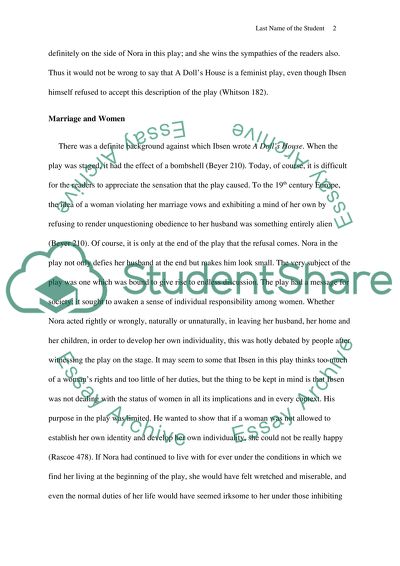Cite this document
(“Ibsen's Doll's House:Marriage and Society Essay”, n.d.)
Retrieved from https://studentshare.org/literature/1427615-a-dolls-house
Retrieved from https://studentshare.org/literature/1427615-a-dolls-house
(Ibsen's Doll'S House:Marriage and Society Essay)
https://studentshare.org/literature/1427615-a-dolls-house.
https://studentshare.org/literature/1427615-a-dolls-house.
“Ibsen's Doll'S House:Marriage and Society Essay”, n.d. https://studentshare.org/literature/1427615-a-dolls-house.


